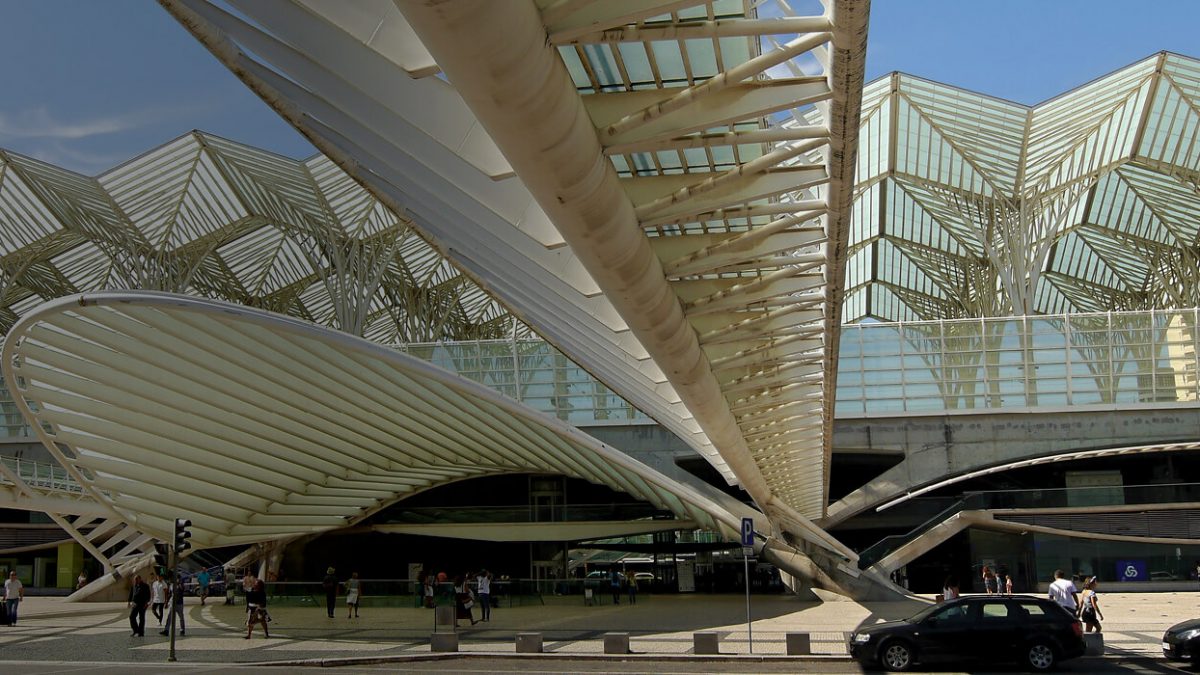Delivery of the APEX API developed for TML
In line with the Lisbon Metropolitan Area transport renovation, Transportes Metropolitanos de Lisboa (TML) designed and launched a set of initiatives aiming to improve and evolve current processes. One of these processes, defined by TML, consisted of designing and implementing a new transport interoperability support system in the Lisbon metropolitan area and the further concessions managed by TML.
In order to implement a new solution that could respond to a set of needs and requirements identified by TML, an international public tender was launched to develop a new, more versatile API that could meet the evolving needs of the transport system in the Lisbon metropolitan area.
What is API APEX?
API APEX is an abstraction layer between transport cards and business applications, allowing the same logic to be shared by different systems and types of equipment even if developed by different entities.
All transport operators will use this component in the Lisbon metropolitan area to implement ticketing operations, taking the interoperability model already implemented in the Lisbon region to a new level of integration.
The APEX API provides high-level methods for the implementation of ticketing operations and for the processing of cards and tickets. Based on TML’s VIVA API, which already guaranteed the technical interoperability of the electronic media, the APEX API will take integration to the functional level allowing central configuration of tickets and business rules in a transversal way for all operators. The implementation of the ticketing logic and business rules in a component used transversally by all operators gives a high level of flexibility for the rapid availability of new products and public transport use models.
To ensure portability, the APEX API was developed in ANSI C. As this is an embedded component, its footprint and performance were critical requirements considered in its development to allow its execution in all types of equipment, even in those areas with fewer resources. Link’s experience in the development of portable embedded components for ticketing equipment was determinant for the final result produced.
This work is in line with Link’s accumulated experience in carrying out projects in this business area in different geographies. The collaboration with STIB (Société des Transports Intercommunaux de Bruxelles) is one of the examples where Link provided an API for the treatment of Calypso cards in Brussels public transport and which is still maintained by Link. Another example is the solutions implemented and maintained in TPG (Transports Publics Genevois). The original implementation of the VIVA API, currently used in the Lisbon metropolitan area, was developed by Link in collaboration with OTLIS and maintained by the latter since 2010 and, more recently, by the TML team.
The project awarded to Link in an international public tender was based on a vast and detailed set of specifications, with numerous specifications and is currently under development. The project is funded by CCDR and the POR Lisboa 2020 program.



